OPERATION
ISOLATION
A visual timeline of the deliberate
destruction of independent media in Russia.
Project by Alina Spatz, RISD class of 2024.

2000
January 1, 2000
President Boris Yeltsin resigns and gives the presidency to Prime Minister, and former KGB officer, Vladimir Putin. Months later Putin wins the 2000 presidential election.

May 11, 2000
Media Most, the parent company of Russia's
largest independent TV network, is raided.
June, 2000
Vladimir Gusinsky, the owner of Media Most, is arrested. To get out, he gives control of the NTV independent channel to state-dominated gas monopoly Gazprom.


2003
June 23, 2003
TVS, Russia's only remaining independent
TV station, is taken off air
2004
March, 2004
Vladimir Putin is re-elected for a second term.
2005
August, 2005
Moscow bans journalists of the ABC from working in Russia after the network aired an interview with a leader of the Chechen independence movement.


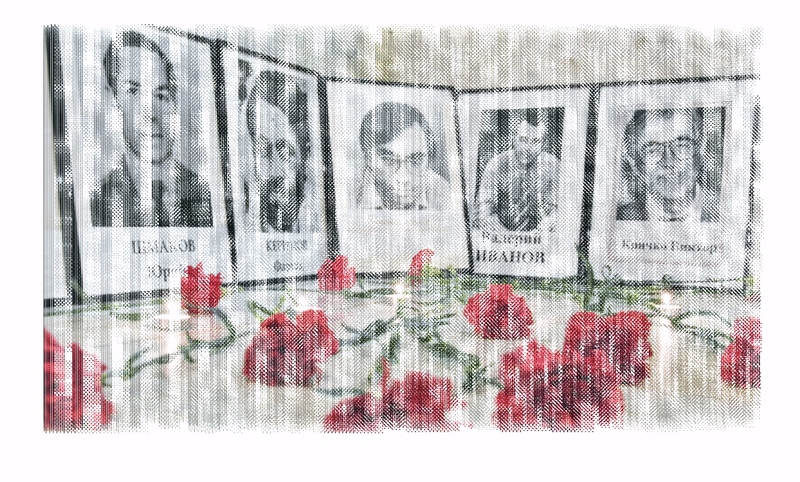
October, 2006
tJournalist Anna Politikovskaya, known for her opposition to Russia's invasion in Chechnya, is shot dead in a contract killing.

2006
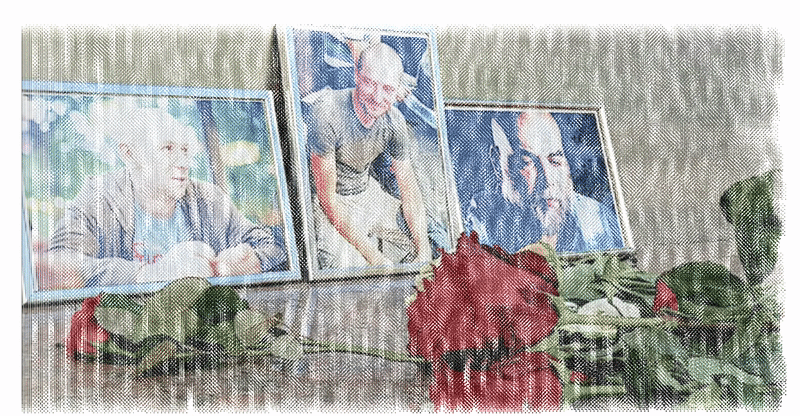
Since 2006, there are 63 violent attacks and 20 killings of Russian journalists on record.

2008
March 2, 2008
As he was then constitutionally limited to two consecutive presidential terms, Putin is elected as prime minister under president Dmitry Medvedev.
2009
December, 2009
Independent, international, and Islamic Chechen internet agency kavzaccenter.ru is blocked.

2012

July, 2012
Libel, or written defamation, is re-criminalised.
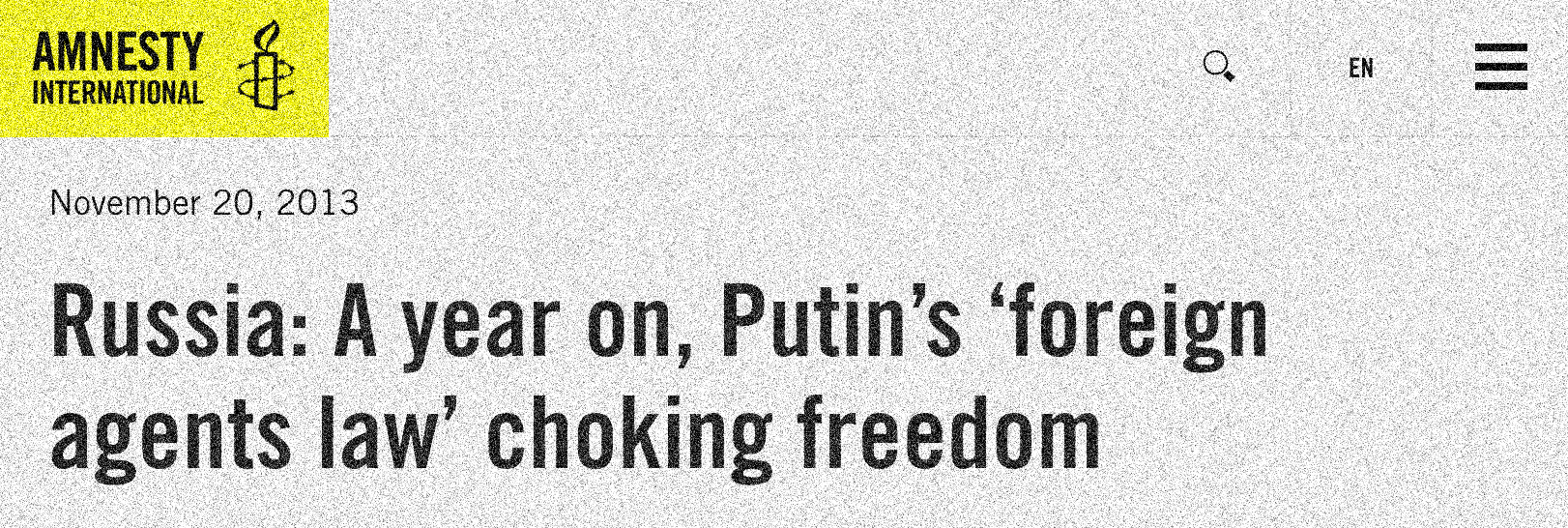
November, 2012
The foreign agent law, which applies to non-government organizations that receive international funds or donations, takes effect. It demonizes public advocacy groups, especially those that challenge the government.

November, 2012
The internet blacklist law takes effect. It is abused to block criticism of the federal government and local administrations.
March, 2012
Vladimir Putin is re-elected. Evidence of manipulated elections, erasable ballot pens, and ballot stuffing is filmed and uploaded to the internet.


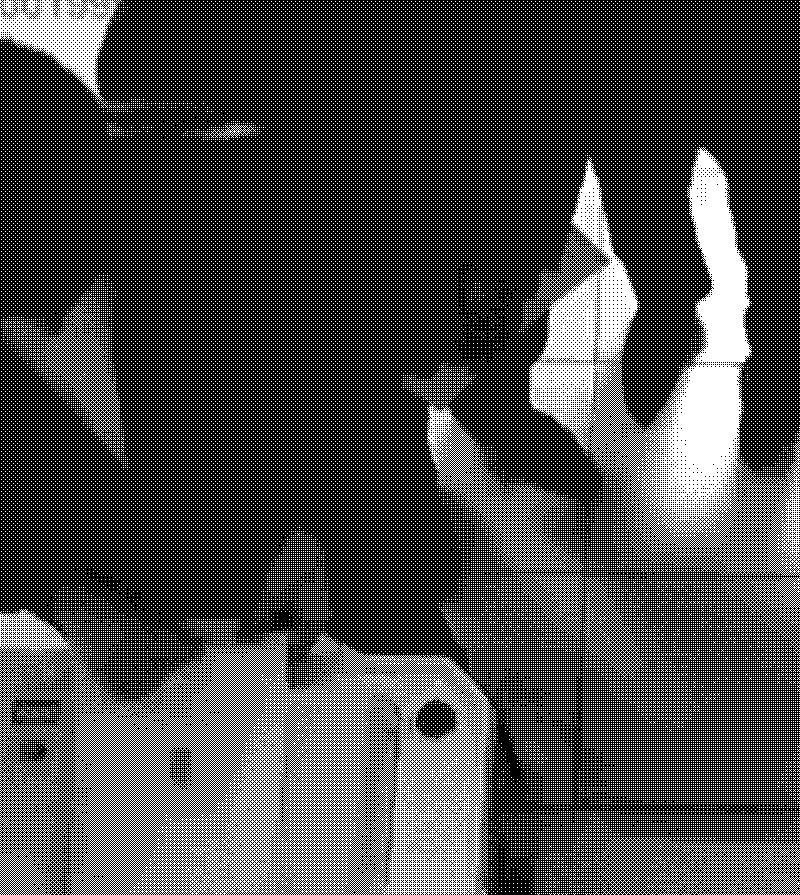
The government quickly cracks
down on election protesters
and dissidents, launching persecutions against mass media
and individual Russians.
March, 2013
The websites of Grani and Ezhednevny
Zhurnal are blocked.

2013
June, 2013
The Gay propaganda law is passed. It bans the distribution of information about LGBT people to minors.

November, 2013
The Euromaidan protests, known as “the revolution of dignity” against the Putin-backed government, begin in Ukraine. In February 2014, president Viktor Yanukovych flees the country.
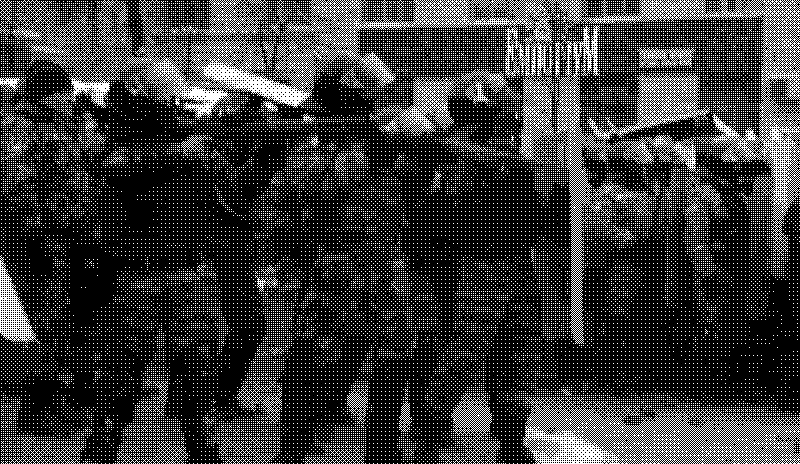

May, 2014
The bloggers law is passed. It gives blogs the restrictions of major publications, including a ban on anonymity and legal responsibility for comments.

March, 2014
Alexei Navalny's blog, Kasparov.ru is blocked by the government for "making calls for unlawful activity and participation in mass events"
March, 2014
Putin takes advantage of Ukraine's destabalized government and invades and annexes Crimea.

2015

October, 2014
The Internet Archive's Wayback
Machine website is blocked.
September, 2015
Russia begins its military intervention in the Syrian civil war, contributing to the untold suffering of millions of Syrians.

2016
August 4, 2016
LinkedIn is blocked in Russia.

2017
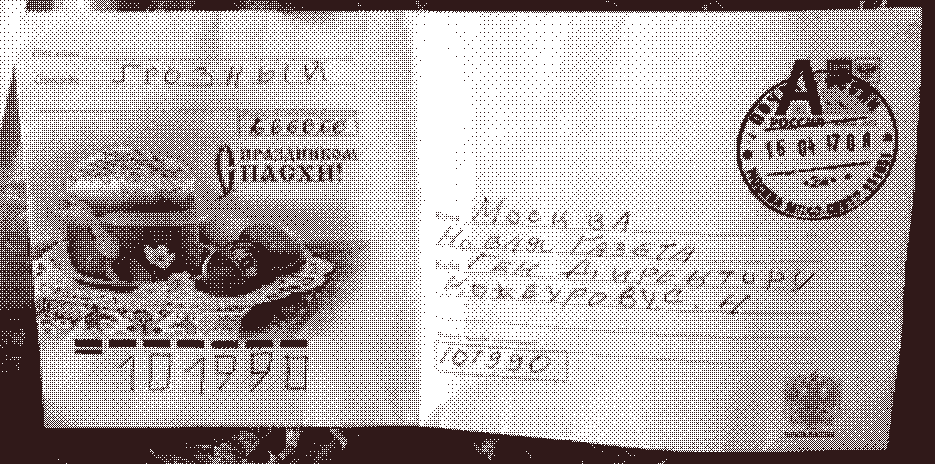
April, 2017
An envelope with the return
address "Grozny" and white powder
inside is sent to Novaya Gazeta.

November, 2018
The New Times magazine is fined 22 million rubles, the largest fine in the history of Russian media.
2018

October, 2018
Novaya Gazeta is sent a severed ram’s head, funeral wreath, and threatening notes.
March, 2018
Vladimir Putin is re-elected. More evidence of
ballot stuffing and election fraud is filmed.


December, 2019
The foreign agent law is updated to apply to any private individual.

October, 2019
The “sovereign internet” law is passed. It gives the government power to automatically block content and reroute internet traffic.

March, 2019
Bill fining those who spread "fake news" and "show disprespect to the state authorities" is passed.
2019
2020
August, 2020
Alexey Navalny, Russian opposition leader, is evacuated to Germany after being poisoned with Novichok nerve agent, a Soviet-era chemical weapon.
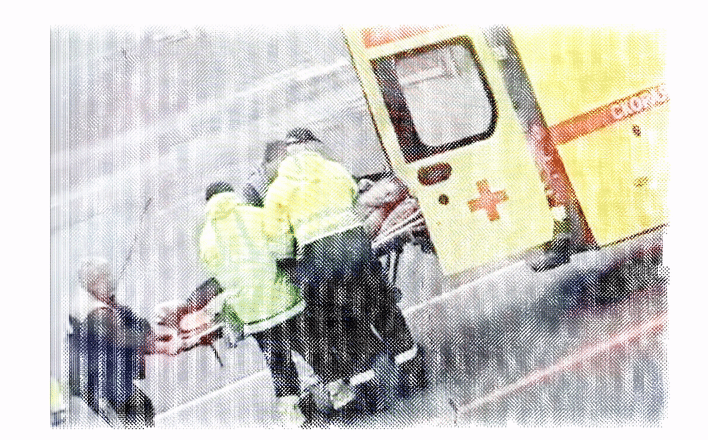
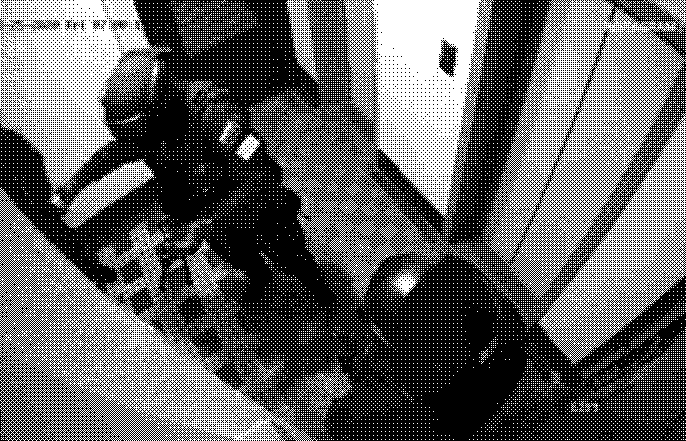
December, 2020
Navalny ally Lyubov Sobol's apartment is raided after she allegedly visits the spy accused of poisoning him.

2021
January, 2021
Navalny returns to Russia and is immediately arrested for alledgedly violation parole. In 2022 he will be sentenced to at least 9 more years in prison.

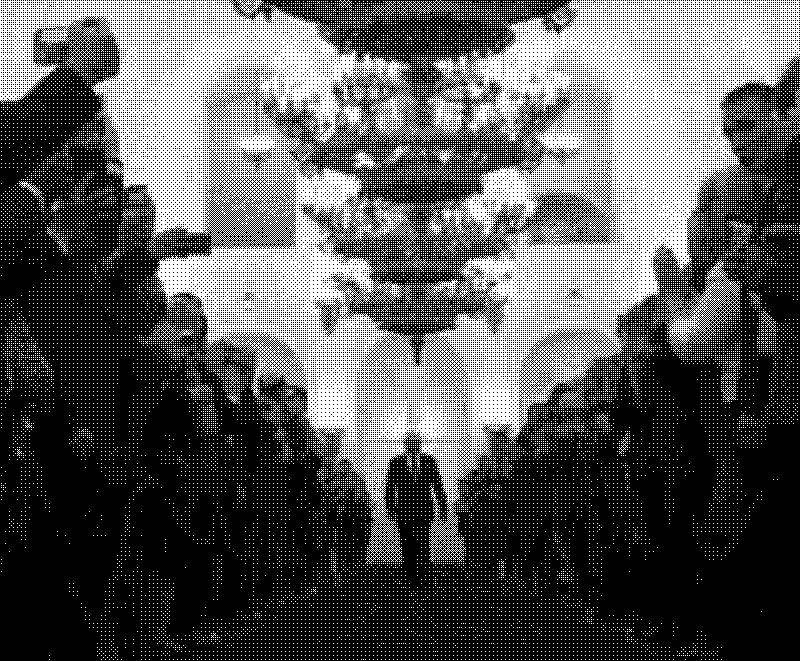
March 15, 2021
A masked biker strikes Novaya Gazeta's building entrance with an unknown chemical substance.
April, 2021
Putin changes the constitution to allow him to run for reelection twice more, potentially extending his presidency to 2036.

August 5, 2021
Open Media and MBKh Media close due to fears of criminal prosecution after being blocked.

December, 2021
Memorial International and Memorial human rights groups are banned.
2022

February 24, 2022
Russia launches a full-scale assault on Ukraine. Ukrainian President Volodymyr Zelenskyy orders a general mobilisation.
.gif)
.gif)

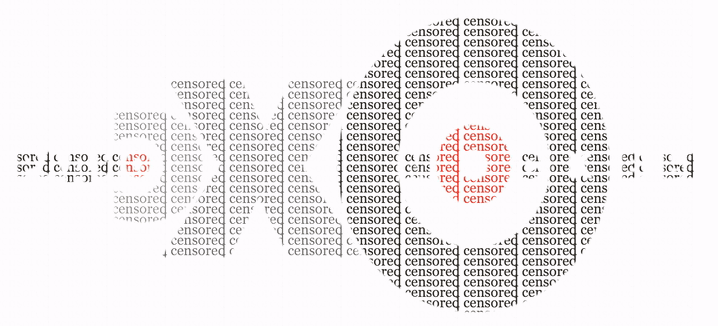

March, 2022
Echo of Moscow, Dozhd, BBC News, Voice of America, Radio Free Europe, Deutsche Welle, The New Times Magazine, Meduza, 200RF, Current Time, Google News, Facebook, Twitter, Instagram, Bellingcat, and countless other media outlets and websites are blocked.
Television is the only news source for most Russians. It is controlled by the Kremlin and pumps out misinformation and war propaganda.
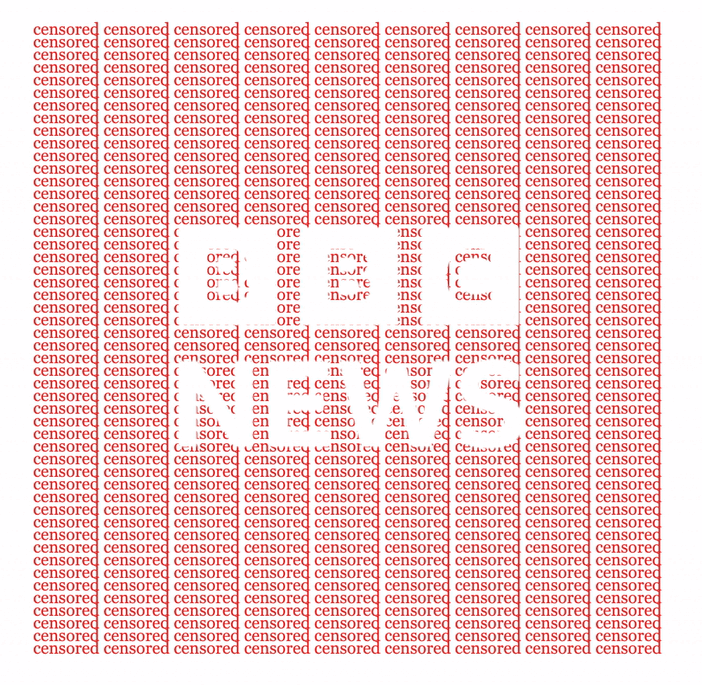
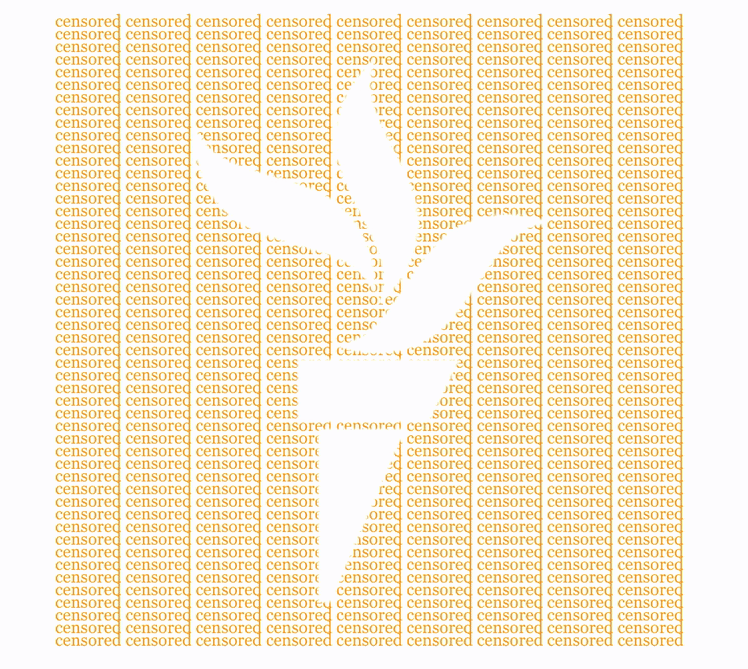
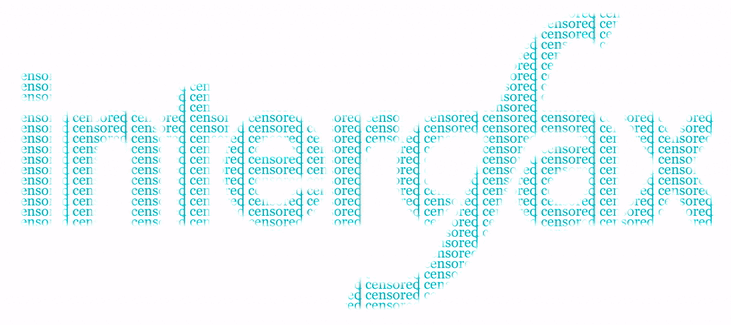


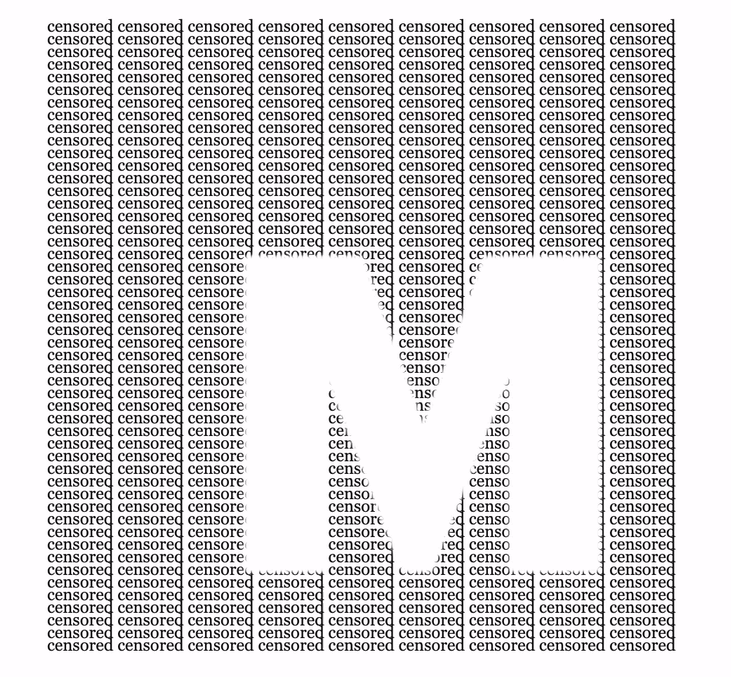
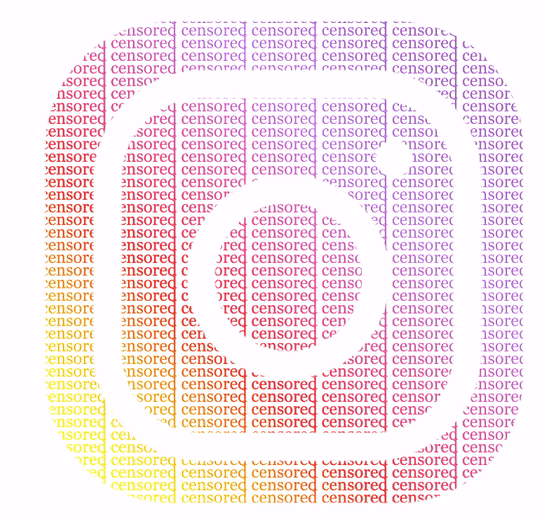
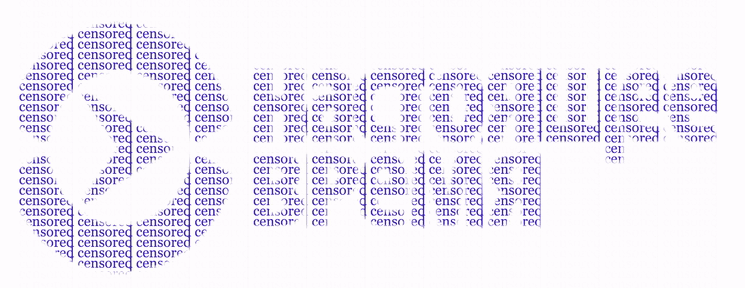

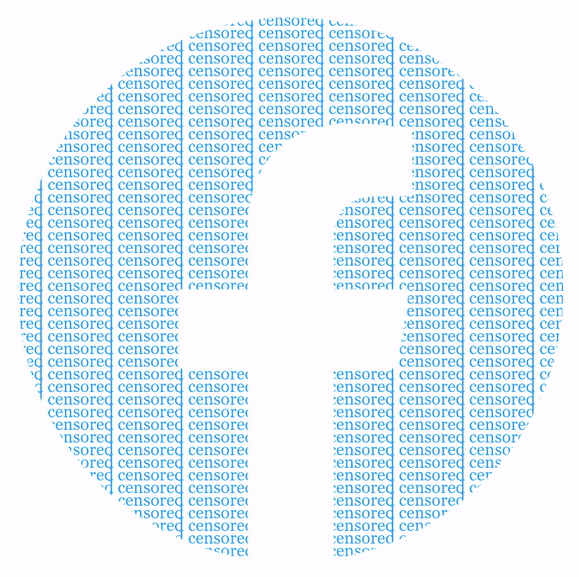



March, 2022
Russia's justice ministry cancels the registration of amnesty international and Human Rights Watch.
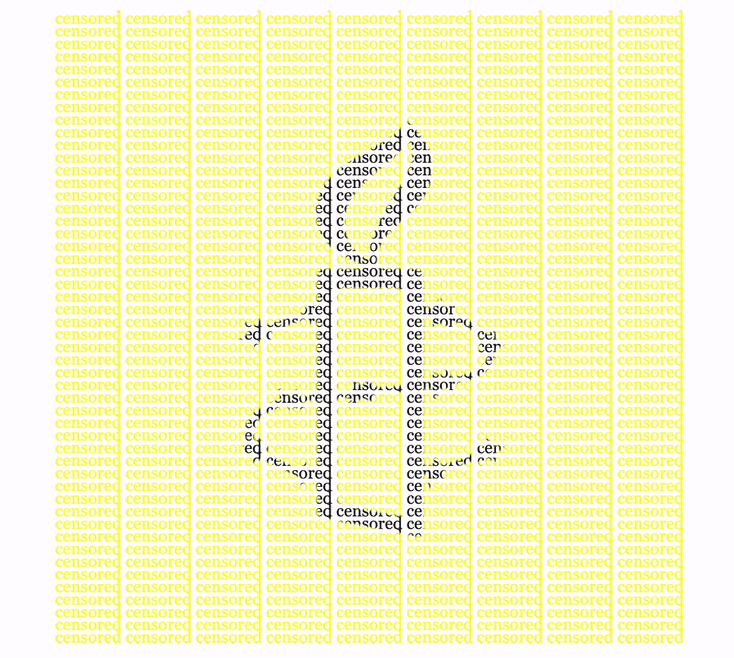
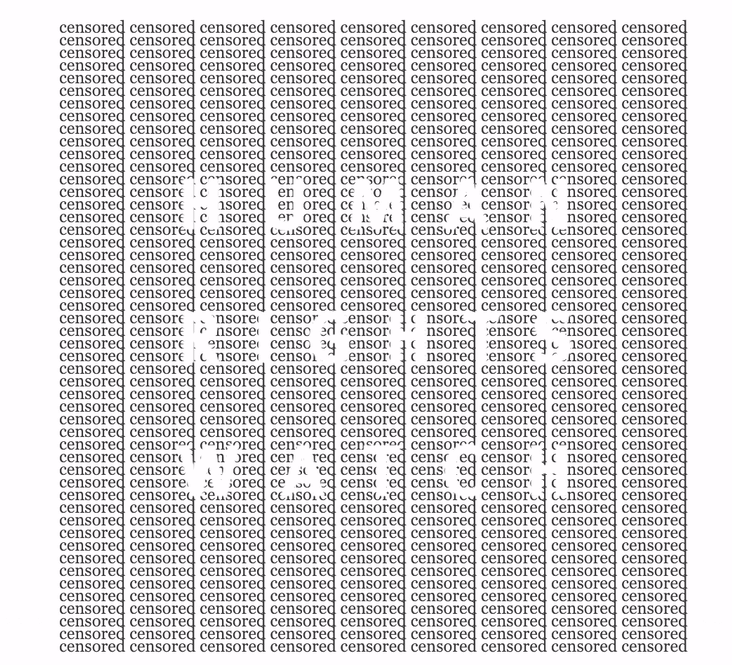
March, 2022
Infromation that goes against the government’s narrative about what they call a “special military operation” in Ukraine is criminalized. "War" and "invasion" are words that can result in a prison sentence of up to 15 years.


April 7, 2022
Russia is suspended from the United antions Human Rights Council.